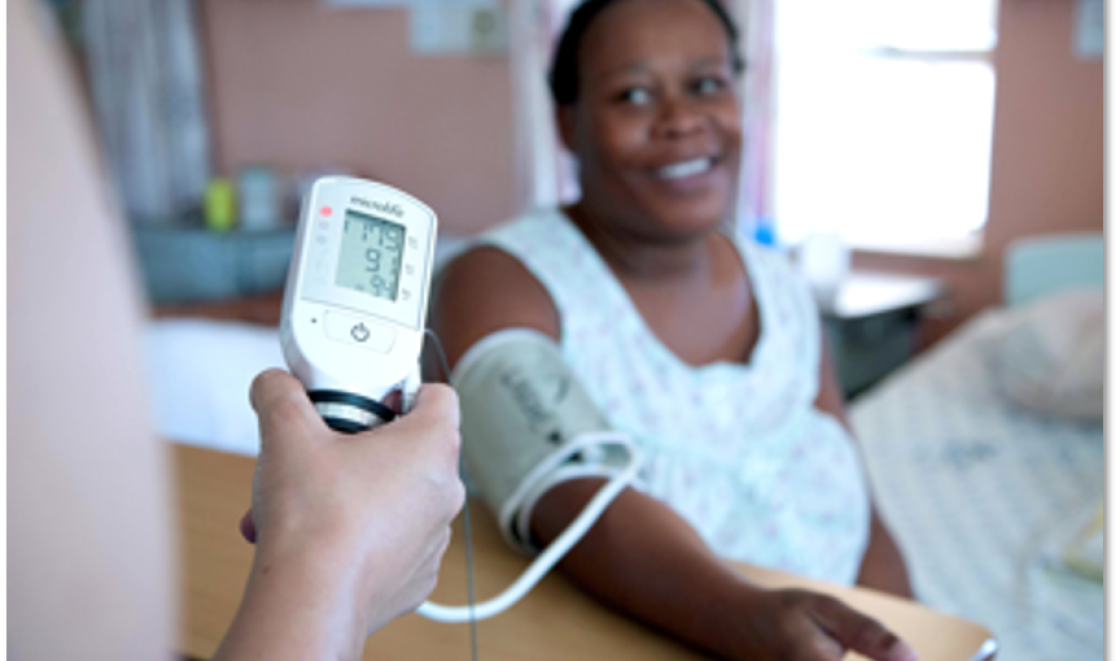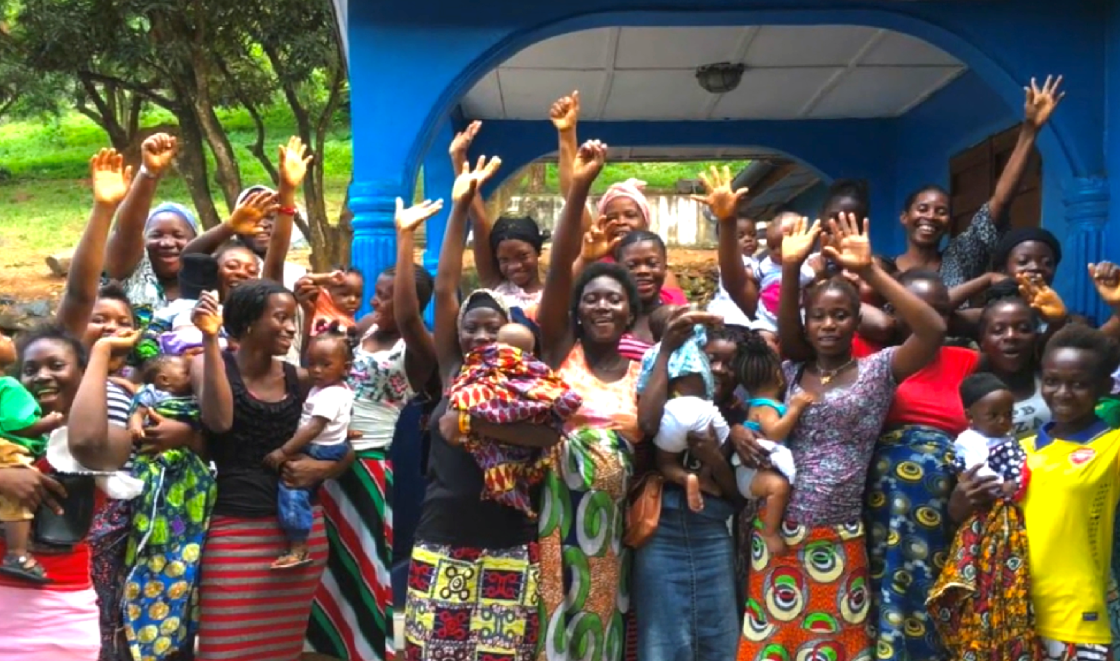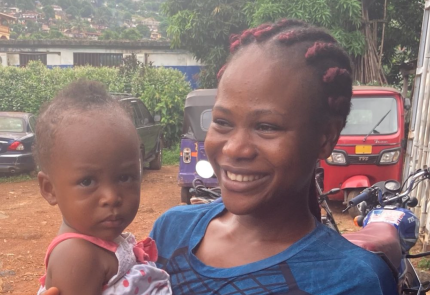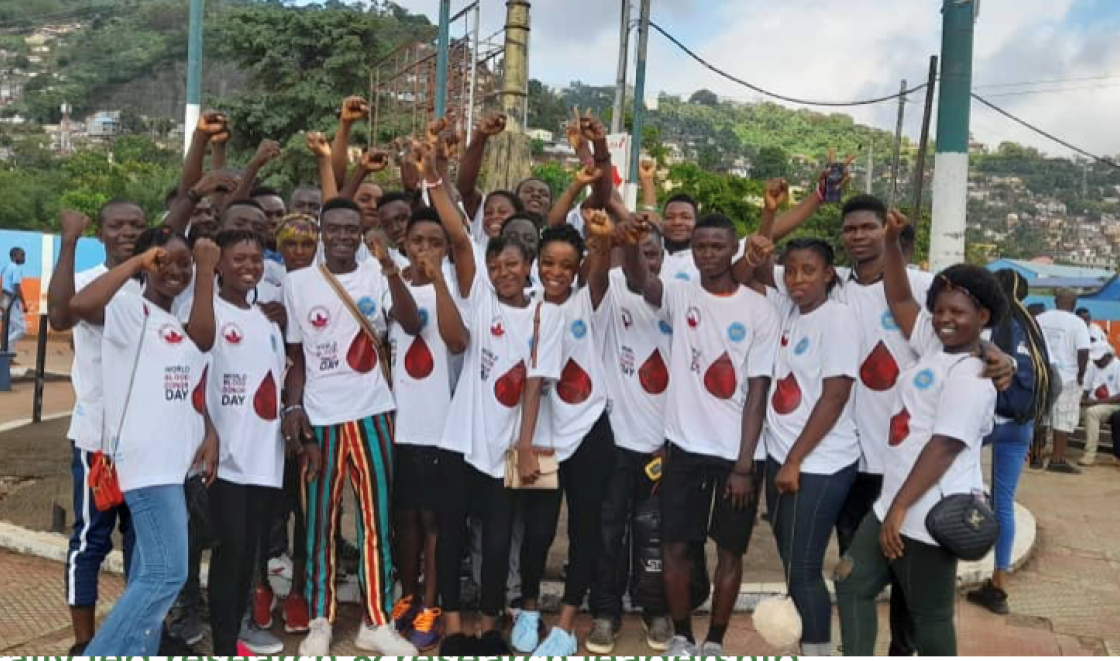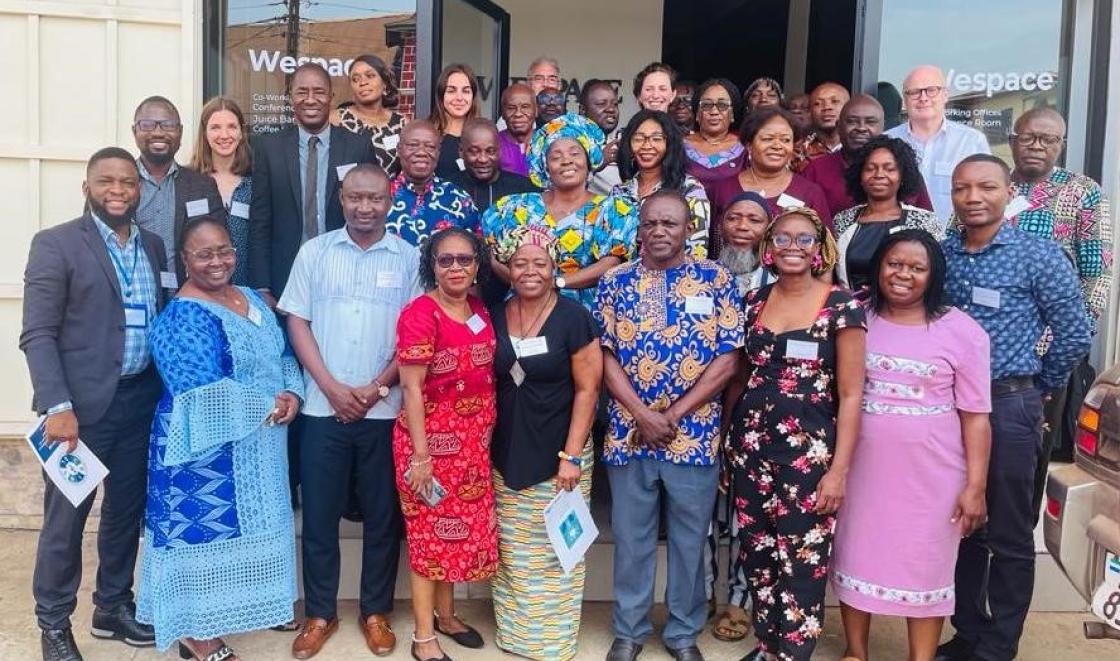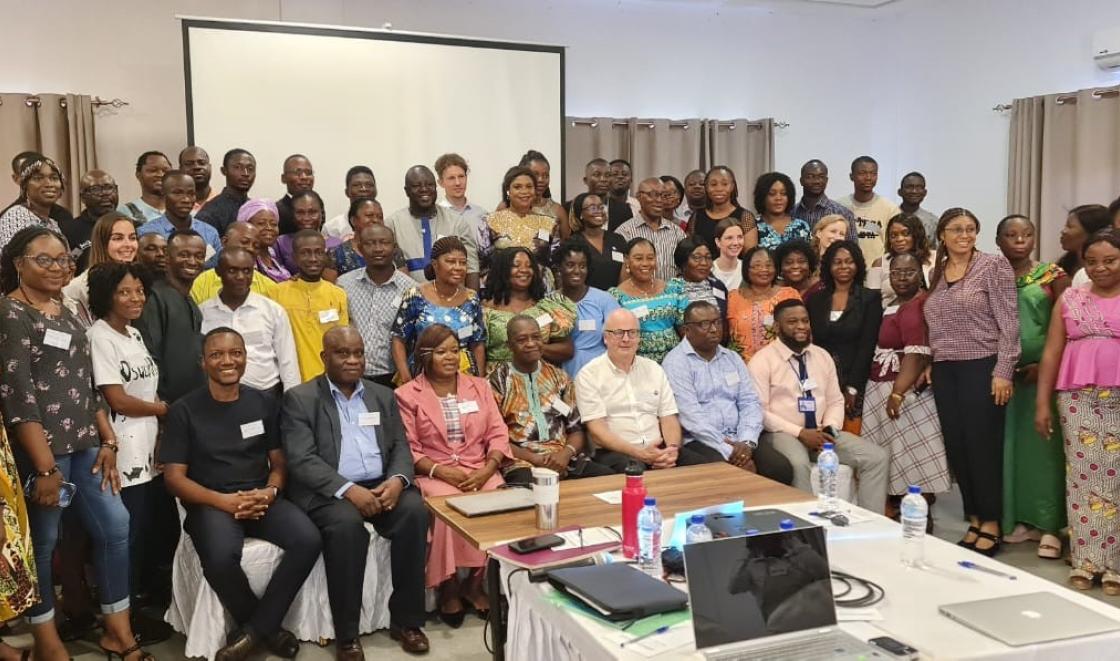More than 2,100 CRADLE devices have been distributed and 311 CRADLE Champions have been trained, reaching 2002 frontline healthcare workers. The reach of this programme of work has been impressive and all members of the CRADLE management, implementing and research teams have worked extremely hard, going above and beyond for the women and babies of Sierra Leone. It is anticipated that more than 230,000 women will benefit from CRADLE over the course of the year, once national scale up is achieved.
SIPHRE, APRICOT and PINEAPPLE
SIPHRE, APRICOT & PINEAPPLE are three ongoing observational studies taking place at one of the main hospitals in Freetown, the capital of Sierra Leone. SIPHRE aims to determine the ability of shock index (heart rate divided by the systolic blood pressure) to predict bad outcomes due to bleeding and infection in pregnant women, compared to conventional vital signs monitoring. The team have recruited more than 500 women to date, and have expanded data collection to 20 health facilities, to evaluate shock index in sick women referred from the community to the hospital (rural and urban).
APRICOT is validating a point of care creatinine (a waste product that comes from normal wear and tear of muscles in the body) device to detect acute kidney damage in pregnancy and have recruited more than 400 women.
PINEAPPLE is assessing placental growth factor (PlGF)-based testing to help diagnose suspected pre- eclampsia (now recommended by NICE in the UK). This is a point of care finger prick version of the test and to our knowledge a world first, with exciting potential both in a low and high income settings. More than 150 women have been recruited, and data collection has expanded to antenatal clinics. The team has rapidly expanded to 22, made up of data collectors and research assistants.
2YoungLives (2YL)
2YoungLives (2YL) is a locally developed community-based mentoring scheme for adolescent pregnant girls for up to one year after birth. It has been piloted in a few areas since 2017, and we are now conducting a pilot cluster trial to formally assess the feasibility and implementation of the mentoring scheme in other communities. Since July 2022, more than 250 girls have been recruited from the twelve trial clusters (rural and urban) in five districts, and qualitative work is ongoing.
